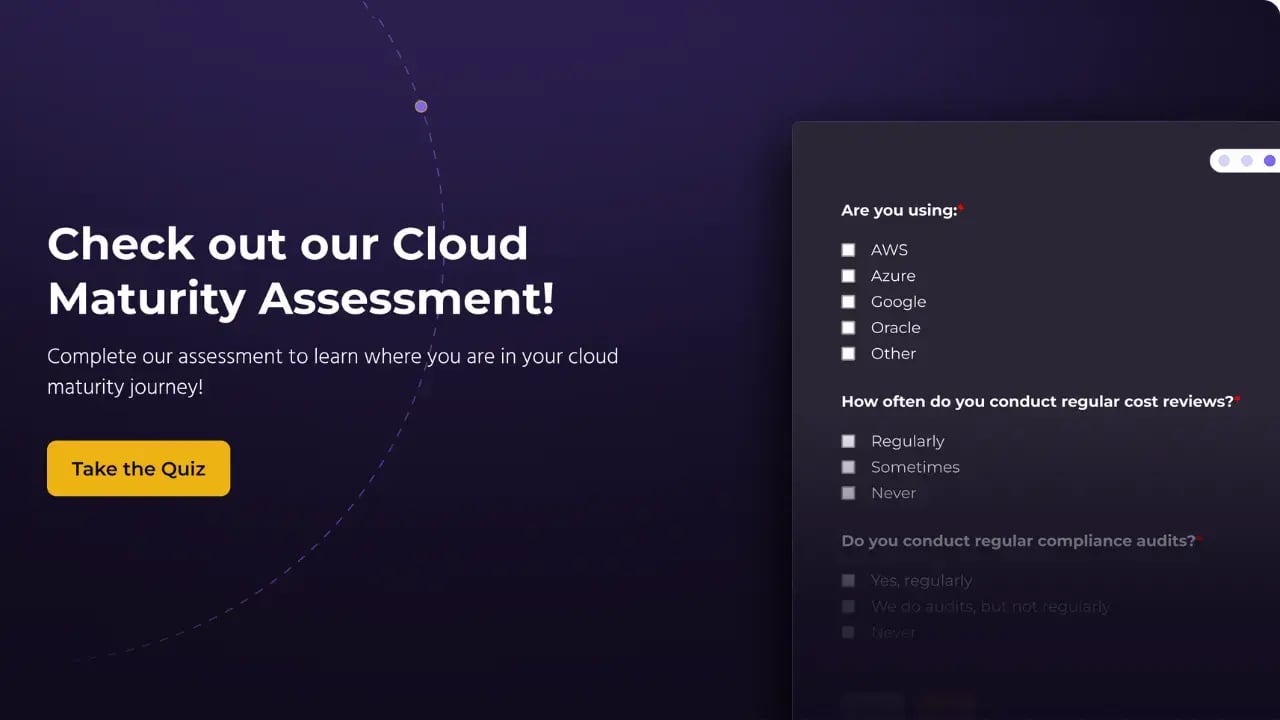Application modernization focuses on helping customers deliver software features to their users at increasingly accelerated rates, while increasing quality, decreasing unplanned outages, and reducing wasted developer time.
To put it into Layman’s terms, we help customers adapt their current software and processes to decrease the time needed to implement a feature that delivers value to the business, while increasing the up-time and performance of the application for users, without a ground-up rewrite of the application.
The Challenge with Traditional Software Releases
Traditional software releases will often be spaced out into large batches of interdependent features. A large number of changes across the application makes it more difficult to test the release, predict issues that will arise upon deployment, and takes more time to troubleshoot when issues come up.
To combat this, we commonly find enterprises increasing controls and red tape in an attempt to prevent quality issues, which further slows down the time for a feature to go from conception to delivering value, results in bigger batches of features per release, and stifles change and innovation in the business.
StratusGrid's Modernization Methodology
StratusGrid helps development teams release their features immediately upon completion. We do this by adding lots of testing and automation to the software delivery process, making it safe and practical to deploy frequently.
These frequent small deployments are less complex and better tested, which results in fewer issues at deploy time, and less time troubleshooting when there is an issue.
This allows developers to spend more time developing, focus on the issues that are relevant to the business now, and deliver those differentiating features for the business that only they can.
4 Benefits of Embracing Application Modernization
1. Reduced Time to Market
Individual feature development allows developers to quickly create and release features while they are still current. This has the added benefit of reducing bug resolution time and improving user adoption because they are not flooded with multiple features from a major release.
The automatic testing and release function encourage lower error rates, increasing the chances of products becoming market-ready at a faster rate.
2. Scalability
Pre-built containers provide the ability to scale an application horizontally at a moment’s notice. Additionally, automation can respond to system demands by scaling the specific functionality with the greatest need.
3. Elevated Innovation
Changes, upgrades, and alterations are able to be made quickly without compromising the entire application. This empowers development teams to boldly experiment with new innovations without fear of impacting a neighbor teams’ development efforts with complete confidence in platform integrity.
4. Upgraded Reliability
Through automatic testing procedures, issues are evaluated and acknowledged in real-time. Using Infrastructure as Code, we are able to get these benefits on the infrastructure itself while driving consistency across environments. Additionally, hardware dependencies are completely eliminated.
Identifying 3 Common Problems
-
Operating a large application on Windows infrastructure often slowed our software development life-cycle and introduced additional overhead.
-
Resource expansion and scaling was a costly exercise requiring hours of planning and expensive hardware implementations.
-
Tightly coupled software components inherent in a monolithic application, integrated with Windows dependencies, often led to struggles with ensuring our environments and deployments were consistent and stable.
Strategic Solutions for Modernization
-
Migrating our .NET Framework application code to .NET Core allowed us to move away from expensive Microsoft licensing and deploy highly configurable Linux-based infrastructure.
-
Decoupling tightly coupled software components by adopting a domain-driven design allowed us to achieve a robust and consistent software development life-cycle.
-
Containerizing our newly migrated .NET Core services allowed us to scale quickly, ensure deployments are more consistent and frequent, and improve the overall availability of our application.
Once implemented, the solutions described above ultimately led to faster time to market on new software features, fewer bugs, more productive developers, and a better end-user experience.
Ready to Transform Your Application Landscape? StratusGrid is Here to Help!
Start your journey to application modernization with StratusGrid, your trusted partner in navigating the complexities of updating and enhancing your software infrastructure.
Whether you're looking to increase your application's performance, reduce time to market, or foster innovation within your team, StratusGrid offers tailored solutions that align with your business objectives.
Contact us today to discover how we can empower your business to thrive in the digital era.
BONUS: Find Out if Your Organization is Ready for The Cloud ⤵️
